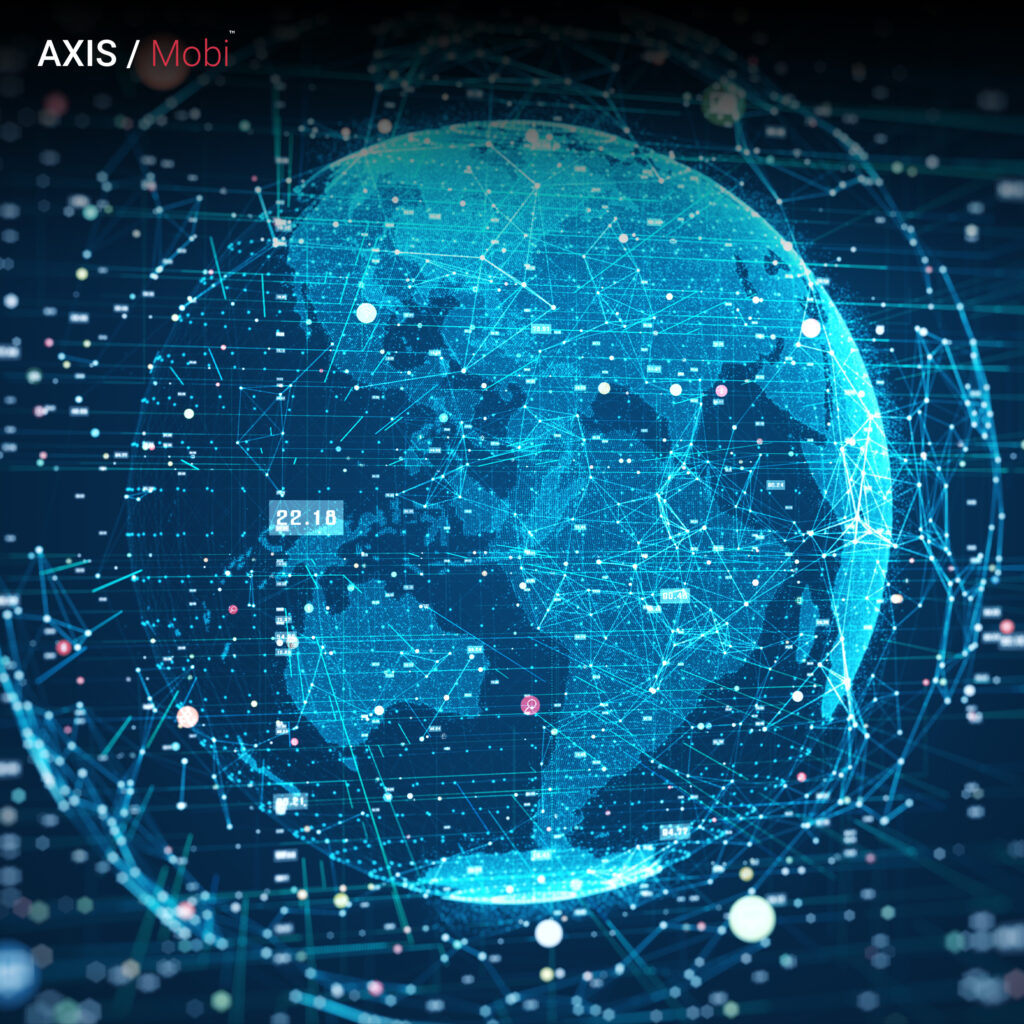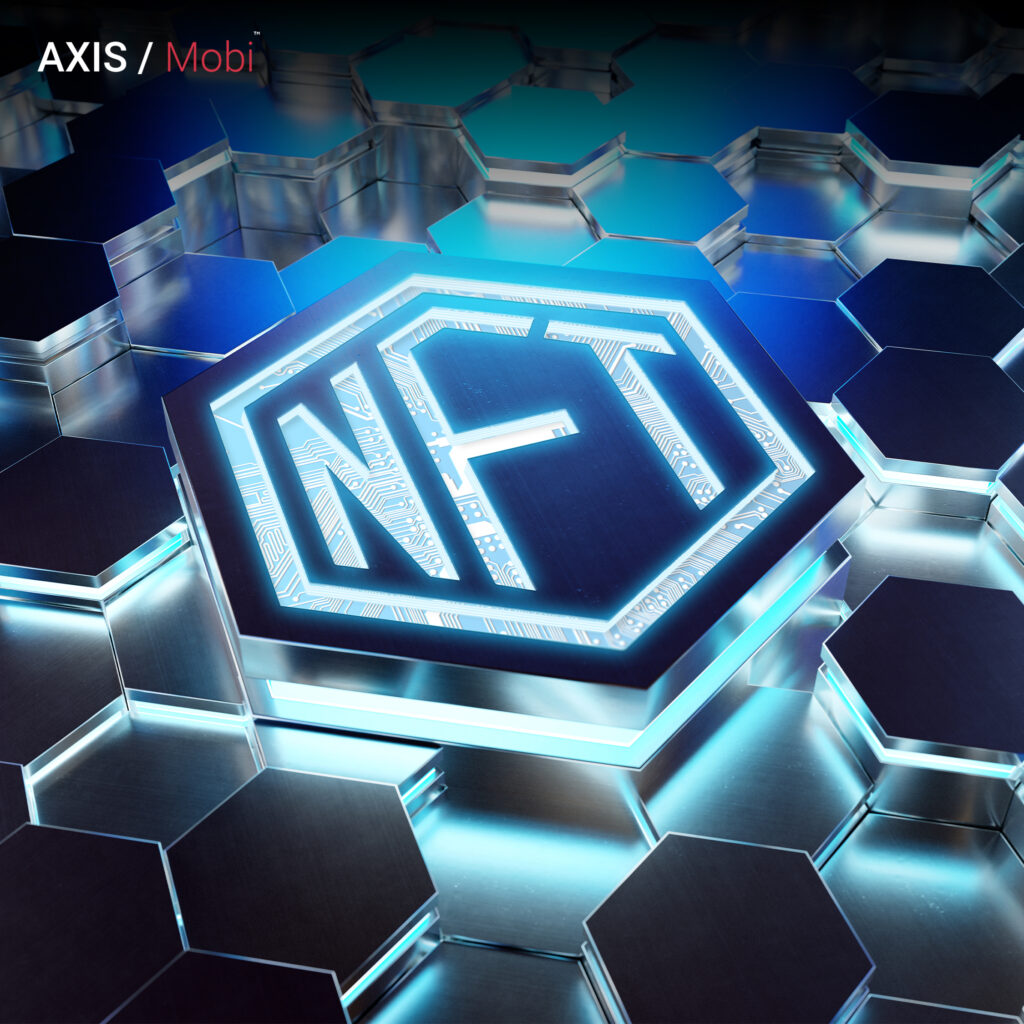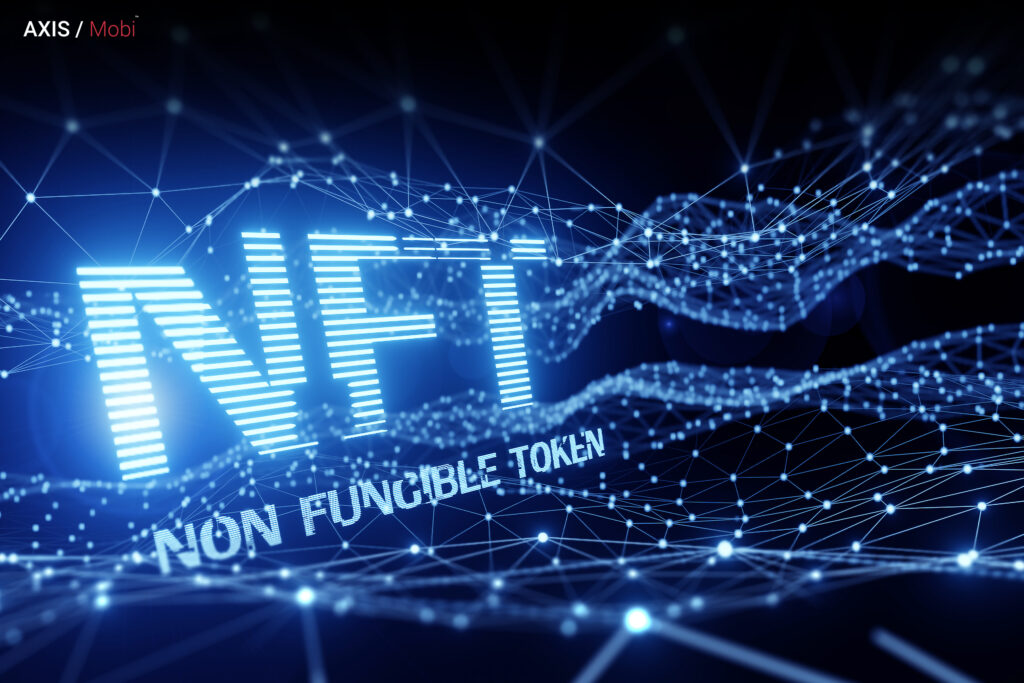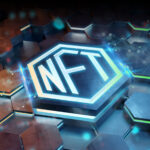The concepts of digital tokens, Blockchain, and cryptocurrencies have recently come into the spotlight for countless individuals worldwide, particularly in India. Everyone is talking about digital tokens, digital money, etc., from everyday people to celebrities. NFTs, or Non-Fungible Tokens, are also gaining a lot of attention. Non Fungible Tokens are digital assets traded using cryptocurrencies and based on Blockchain technology. The technique uses a DLT system to enable immutable, safe trading.
A distributed ledger technology called Blockchain supports cryptographic operations and permits trading. As a digital asset, Non Fungible Tokens uses this for safe trading and transactions using the correct encryption messages.
Additionally, NFTs are beneficial for exchanging using cryptos even though they are not digital currencies but rather digital assets. They are traded on online marketplaces to make it easier for users to buy and sell Non Fungible Tokens. Behind all of these systems is a blockchain that attempts to protect them from outside threats.
So it stands to reason that blockchain technology has a bright future and is referred to as a future technology. Most corporate bodies, including the government, intend to use this technology to enhance the security of financial transactions. This will increase the economy’s digital growth and increase its transparency.
Blockchain Technology’s Future-

By 2030, it’s anticipated that about 30% of all customers will be using Blockchain as their primary technology. Additionally, organizations growing by more than $170 billion by 2025 will benefit more from the Blockchain. These figures demonstrate that Blockchain will dominate the commercial market in the future.
It will affect the commercial sector and the government organizations that primarily deal with the financial activity. With cryptographic techniques, negotiations and transactions may be made more secure while ensuring no data is altered.
Similarly, cryptocurrency transactions are viewable and trackable, but the data cannot be changed. As a result, blockchain technology is considerably more accessible to the younger generation.
The NFT market can gather and distribute ownership to traders worldwide while facilitating digital trading. The procedure keeps expanding in the direction of the technologically established digital landscape. Additionally, there is optimism for the future of Non Fungible Token development and market demand growth.
In several ways, trading and investing in NFTs appear to resemble our stock market investing.
Furthermore, several stages of NFTs are examined for security due to their status as digital assets. But Blockchain, which safeguards through its digital ledger and preserves their uniqueness, has Non Fungible Tokens covered. The issue will be resolved if investors comprehend the nature of NFT’s work and their definition of functionality.
NFT trading is possible through various online platforms, and buyers can hold their purchases for a long time while waiting for the value to rise.
Blockchain thereby guarantees the ongoing documentation of every NFT transaction.
NFTs Working Approach-

NFTs are digital assets and non-fungible tokens built on the Blockchain. They stand in for real things like artwork, video games, collectables, and many others. They only have one owner at a time because of their singular nature. Every trade, investment, or other transaction is verified and authenticated online. As a result, it is very transparent and secure.
No physical value is accessible for the deal or exchange you make using NFTs. However, you won’t receive any actual Non Fungible Token value; instead, you’ll receive a certificate of ownership. This is a huge benefit because no one changes any data. Additionally, you must store the certificate safely online for future use.
NFTs can be used to purchase online event tickets, play games, shop for clothing, and many other things. Additionally, they adhere to the rules and guidelines for smart contracts in trading and exchange.
NFTs aren’t yet permitted in India, but we should hear about the imposition of the required rules soon. It will encourage enthusiasts to deal in Non Fungible Tokens actively.
Blockchain is the underlying technology that powers all these operations and is what NFT is based on.
Future of NFTs in India-

With the nation’s laws and regulations evolving, NFTs, or non-fungible tokens, will undoubtedly have a bright future. As far as we know, Blockchain enables far more rapid and affordable global transactions.
People are starting to recognize the significance of this technology, and their trust in it is progressively growing. Blockchain will only increase the corporate world in the future because it is so cost-effective.
NFTs are a digital asset that has recently inspired many people, including celebrities, to start their own Non Fungible Token collections. This effect indicates that we will soon be able to begin trading through NFTs and obtain more insightful data.
The NFT community will gain quick momentum. As a result, it is pressing the Indian government to establish guidelines for its legality.
The monetization of digital assets will happen, giving market participants more advantages. New players entering the market for Non Fungible Token and other digital assets will improve the digital economy.





Pingback: What does India’s adoption of NFTs mean f...